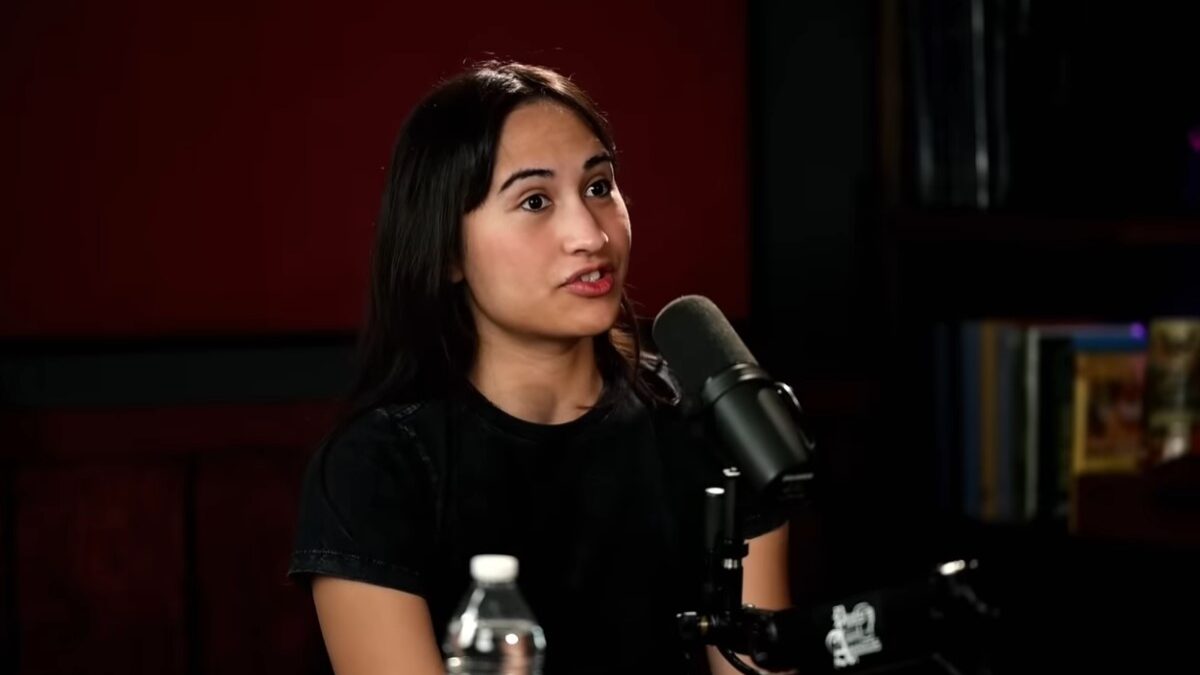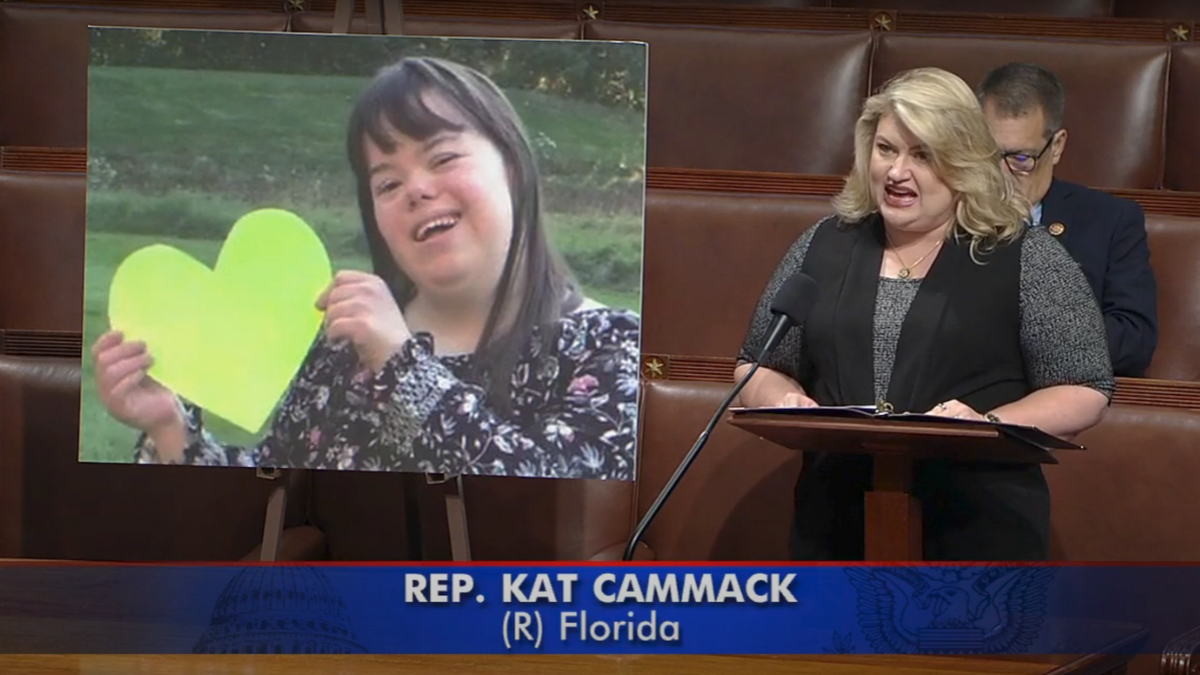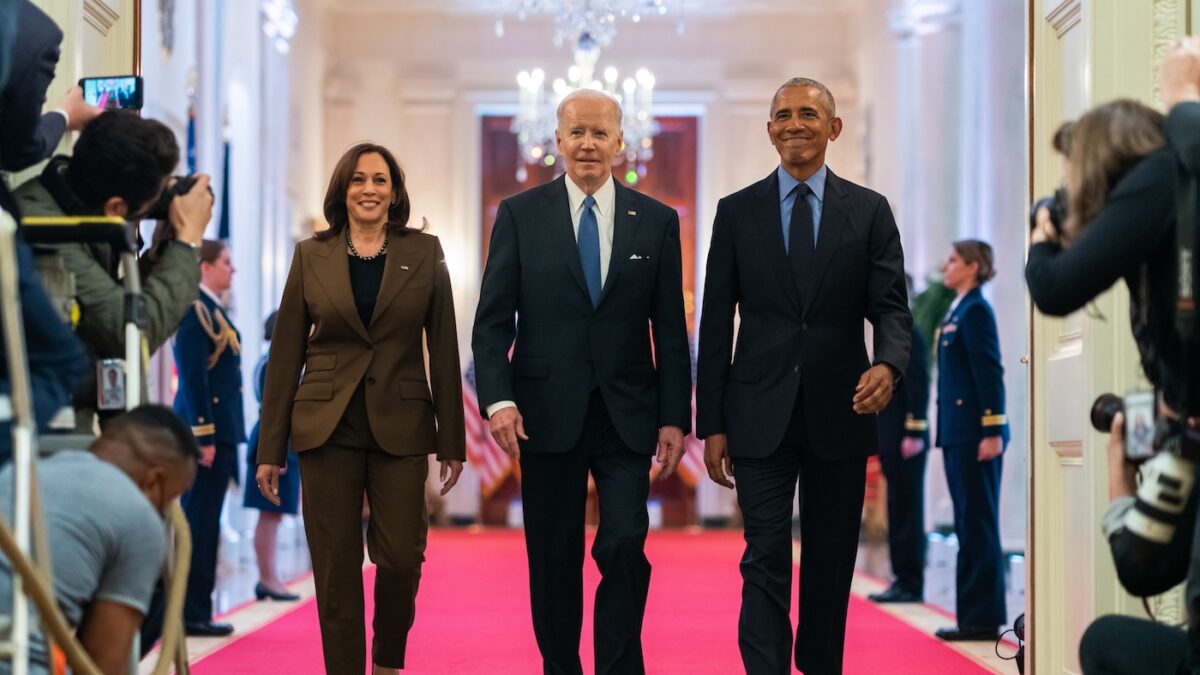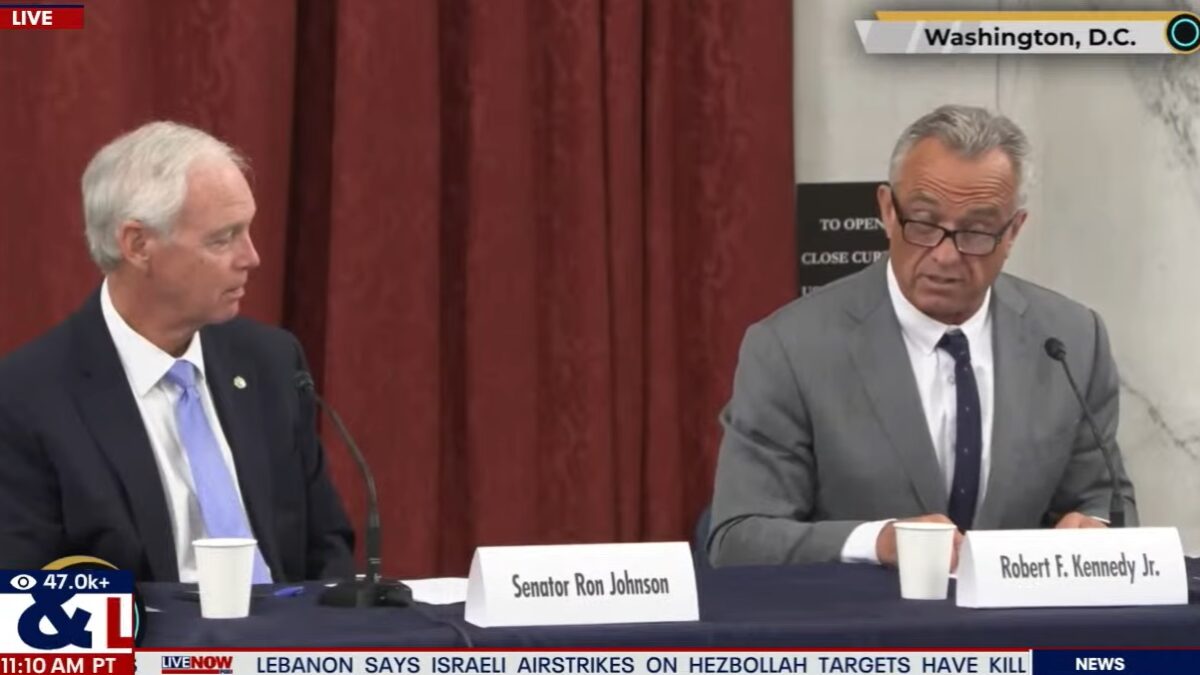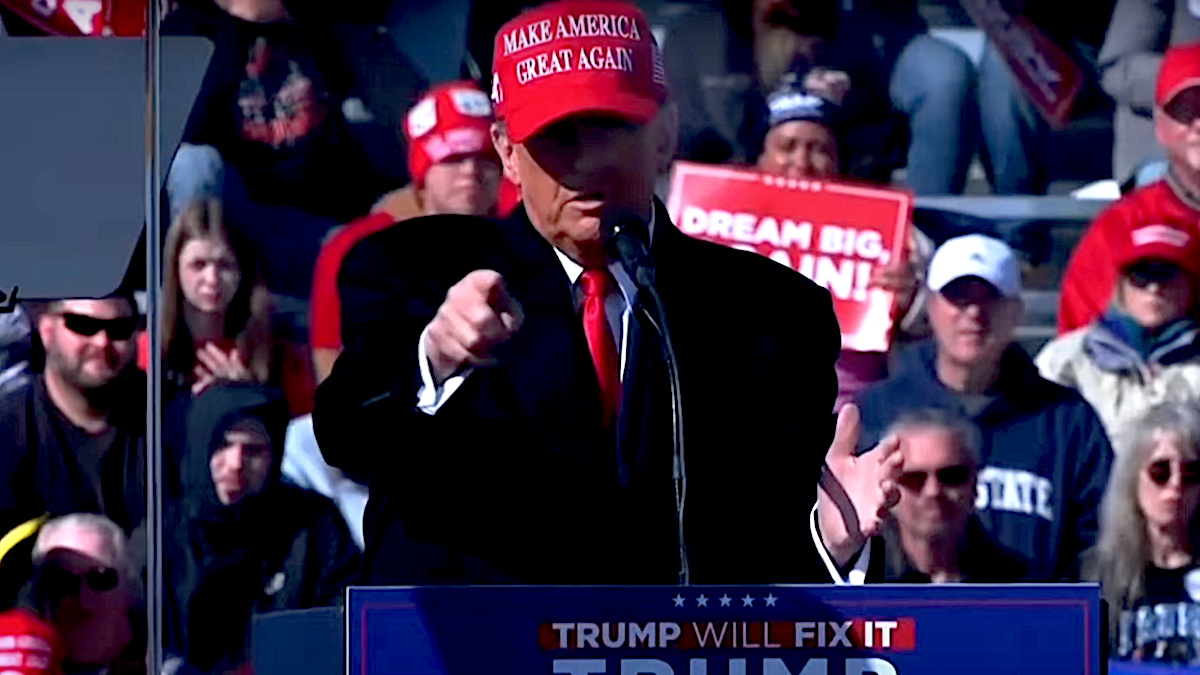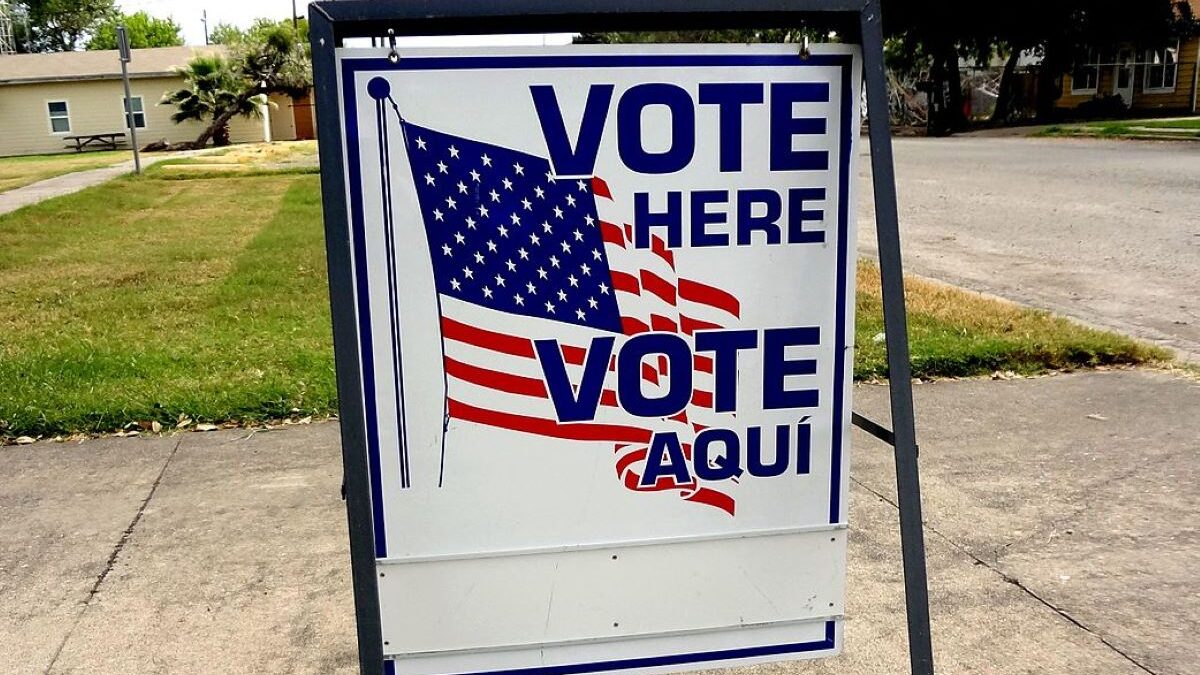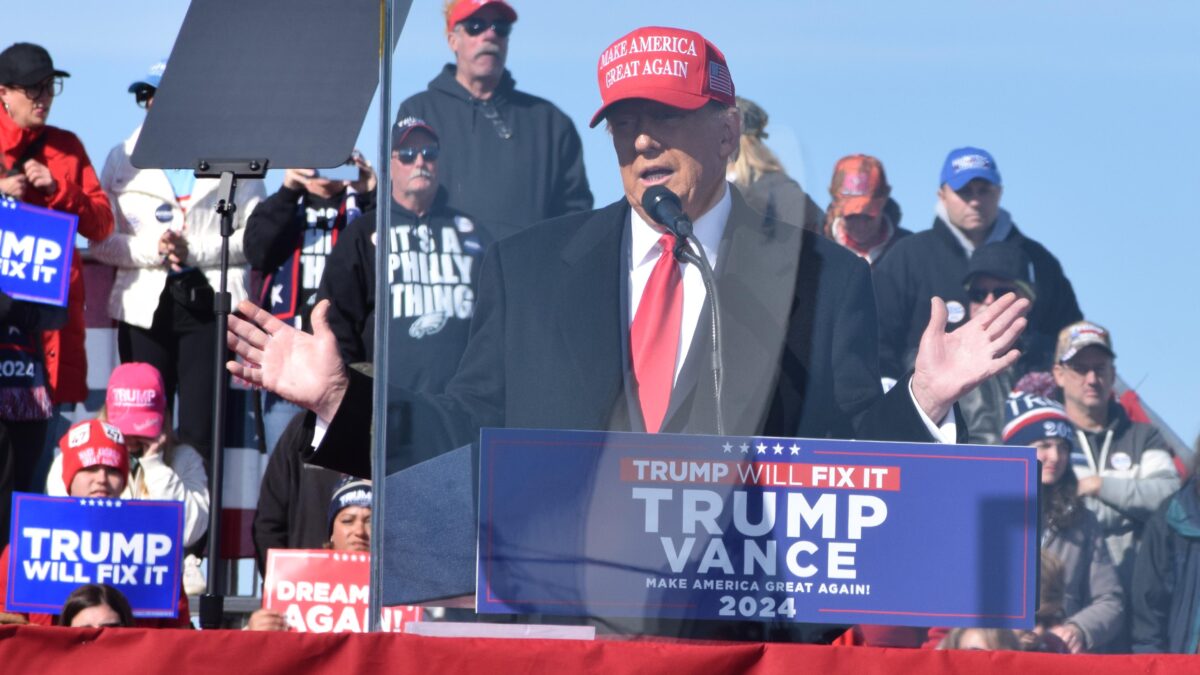
Let’s be honest: sometimes Texas Governor Rick Perry is an easy target. But for those on the Left who want to avoid substantive policy debates, he’s an irresistible target—and a useful straw man.
No surprise, then, that The Washington Spectator’s Lou Dubose relished the chance this week to skewer Perry over his forthcoming appearance at the World Economic Forum in Davos, where he’ll speak about health care. This, joked Dubose, “might be compared to Jeffrey Dahmer addressing an American Culinary Federation convention.” Hilarious.
But Dubose’s reaction to Perry merely reflects Left-wing orthodoxy about Texas, health care, and capitalism—namely that Texas is a terrible place, conservatives have no good ideas for health care reform, and the free market is to blame for the health care mess ObamaCare is meant to fix.
For Dubose and his fellow travelers on the Left, Perry embodies these assumptions: Texas has the highest number of uninsured in the nation and yet Perry refused to create a state health insurance exchange or expand Medicaid under ObamaCare. How can he justify this kind of obstruction when 9,000 Texans will die each year as a direct result of his decision not to expand Medicaid? (That’s according to Howard Brody of the University of Texas Medical School’s Galveston branch, cited by Dubose as evidence that Perry is worse than Jeffrey Dahmer. More on that below.)
Dubose claims Perry’s thinking on Medicaid is informed by The Texas Public Policy Foundation, where (full disclosure) I’m a senior health care policy analyst and have argued, along with others, that being on Medicaid is worse than being uninsured. How can that be? For Dubose, it’s enough for him to cite scholars like Brody and former Texas Deputy Comptroller Billy Hamilton, who last year was hired by Methodist Healthcare Ministries of South Texas to author a study showing that Medicaid expansion would be good for the state financially—and also that it would save the lives of 5,700 adults and 2,700 children in Texas each year.
But the question of Medicaid expansion is more complicated than simply counting up the number of people who will die because Perry doesn’t like ObamaCare. Numerous studies, which the Left routinely ignores, show that patients on Medicaid often fare worse than the uninsured. A University of Virginia study looked at more than 893,000 major surgical operations from 2003 to 2007 and found that Medicaid patients were 97 percent more likely to die before leaving the hospital than the privately insured and 13 percent more likely to die than the uninsured.
The Manhattan Institute’s Avik Roy has done fine work compiling studies that show just how much Medicaid harms the poor. The most damning of such studies came last year from researchers at Harvard and MIT, who found no difference in health outcomes between Medicaid patients and the uninsured.
The background of this particular study is important, because it represents the gold standard when it comes to this kind of research. In 2008, Oregon discovered it couldn’t afford the Medicaid expansion program it undertook in 2002, so it set up a lottery for Medicaid enrollment: 30,000 names would be randomly selected from a waiting list of 90,000. This gave researchers a control group of uninsured against which to measure the effects of being on Medicaid. No study like it had ever been conducted on Medicaid patients, and many on the Left (and in the media) were hopeful it would prove once and for all that Medicaid improves health and, by extension, save lives.
Alas, their hopes were dashed. After two years, researchers found no measurable difference in the health outcomes of the two groups. This surprised a lot of people because the researchers measured things like blood pressure and cholesterol levels—metrics that should show improvement over a two-year timeframe.
What they did find, however, is that Medicaid enrollees consumed much more health care than the uninsured, and that their emergency room use increased by 40 percent. This latter finding, published last week in the journal Science, undermines the oft-repeated claims of expansion proponents that enrolling more people in Medicaid will reduce emergency room visits and thus save local tax dollars.
The other oft-repeated claim, dutifully trotted out by Dubose, is that Medicaid expansion “would cost Texas taxpayers very little.” But according to Hamilton’s own estimate, Texas legislators would have to begin appropriating state funds to pay for Medicaid expansion in the next legislative session—more than $2.5 billion for the 2016-17 biennium. Part of the reason lawmakers in Texas’ Republican-controlled legislature didn’t expand Medicaid is because they understood they would have to cut things like education and transportation, or raise taxes (or both)—and that they would have to do so beginning next year.
What Perry has argued for—albeit not in much detail—is a block grant that gives states a finite amount to spend on Medicaid but frees them to redesign and administer the program as they choose, without federal interference or micromanagement.
Meaningful state control of the program is simply not possible under the current system, and the Obama administration has proven unwilling to compromise with states that want more flexibility in exchange for expansion. The best example is Arkansas’ “private option,” which has been touted by ObamaCare champions as an example of a market-based approach to Medicaid expansion.
But there is nothing market-based about Arkansas’ deal with Washington. As Jonathan Ingram of the Foundation for Government Accountability explains in a new report, Arkansas got the worst of both worlds when it agreed to expand Medicaid by offering to pay for private coverage on the ObamaCare exchange.
Many Arkansas lawmakers in both parties thought they would be able to require expansion patients to pay a portion of their co-pays and deductibles under this scheme and force new Medicaid enrollees to have more “skin in the game.” But when negotiations began with CMS, they found out the administration would not allow any deviation from standard Medicaid cost-sharing rules, which limit co-pays to token amounts based on what states pay Medicaid providers (less than $4 for a service costing more than $50, for example). In fact, Arkansas’ private option patients will have even less skin in the game than its traditional Medicaid patients; according to the Urban Institute, 77 percent will have no cost-sharing requirements at all.
Because Medicaid reimbursement rates are generally much lower than what private insurance plans pay providers, the Arkansas plan is going to be expensive. When the 100 percent federal match for the expansion population begins to drop off in 2017, Arkansas will be on the hook for much more than it would have been if it had simply expanded its current Medicaid program (25 percent more, by some estimates).
Arkansas’ unhappy tale illustrates a basic truth that Perry, for all his bluster, has fully grasped: there can be no meaningful negotiations with CMS as long as Washington has control of Medicaid. That’s why he insists on a block grant.
So what would a block-granted Medicaid program under state control look like in Texas? Dubose should’ve asked us.
Last spring, we published a landmark study, Save Texas Medicaid: A Proposal for Fundamental Reform, from health care policy heavyweight James Capretta of the American Enterprise Institute and the Ethics and Public Policy Center. Capretta also authored a December 2012 study for TPPF, Assuring a Future for Long-Term Care Services and Supports, which laid out a plan for reforming the long-term care portions of Medicaid under a block grant scenario.
Together with a series of papers TPPF began publishing back in 2010, this body of work represents the most detailed and comprehensive proposal for Medicaid reform via block grant to date. Maybe Perry is always going on about block grants because the blueprints for them have come out of Texas.
But more importantly, this work shows that Texas could cover more people at a lower cost if Medicaid were placed under state control. The cornerstone of substantive—and disruptive—reform is to require financial responsibility from Medicaid patients through sliding scale subsidies based on income. This would reduce or eliminate fraud and abuse from Medicaid providers by placing patients in charge of their Medicaid dollars (through the creation of a state version of health savings accounts). Enrollees would go from being passive recipients of a government entitlement to cost-conscious health care consumers with skin in the game.
(This idea, by the way, is an inkling of what needs to happen to the health care system at large: patients in charge of their health care dollars, making their own decisions about what they will pay for and what they won’t, instead of employers and insurance companies making those decisions for them.)
The Left faults conservatives for not having any workable ideas for health care reform, but in fact very few conservative ideas for health care reform have ever been tried—especially when it comes to Medicaid, which is almost wholly insulated from the very market forces that could drive costs down and increase access and quality of care.
That’s really what a block grant is about: giving Medicaid patients access to the same private health insurance plans and providers that most other Americans enjoy, and putting them in charge of the health care dollars that pay for their care. Arguments for expansion, by contrast, are in fact intellectually exhausted arguments to double down on the status quo and reinforce a bifurcated, costly system in which poor people get inferior care and everybody else gets the best health care in the world.
Mr. Davidson is a writer based in Austin, Texas, and a health care policy analyst at the Texas Public Policy Foundation.


